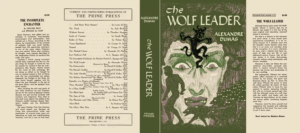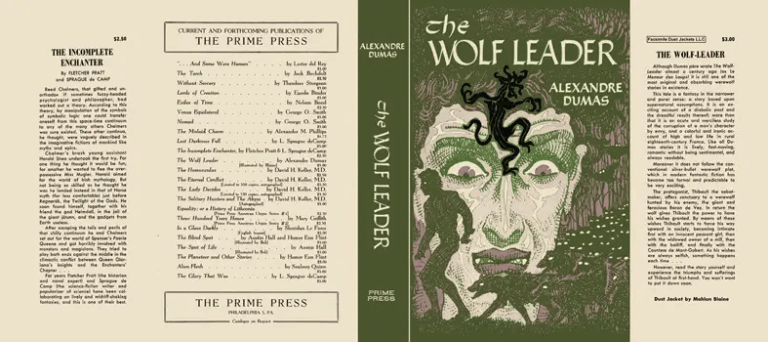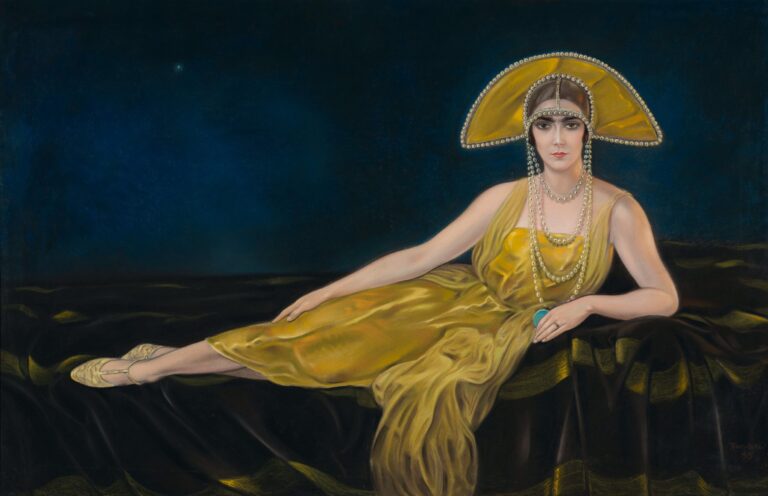Jean Dufaux e Grzegorz Rosinski, Il lamento delle terre perdute vol. 1: Sioban (ed. 100% Panini Comics)
Sioban (nome ebreo usato anche in Irlanda che significa “grazia di Dio” e che etimologicamente costituisce una variante di Joan, chiaro riferimento. Giovanna d’Arco) è la giovane e mascolina figlia di lady O’Mara e del defunto grande guerriero chiamato il lupo bianco (no, Geralt di Rivia non c’entra nulla, purtroppo), ma oggi è un triste giorno: la vedova sua madre ha sposato il misterioso cognato, lord Blackmore, che sta al fratello un po’ come Jafar sta al principe della Bella Addormentata. Il matrimonio è un matrimonio di convenienza, per la vedova, che assicura così a sé e alla figlia una protezione contro l’oscuro mago Bedlam, un nome una garanzia, già assassino del lupo bianco e ormai signore di quelle terre. Ma in un’ora tanto amara, approda una nave e un misterioso guerriero del perdono, con una missione e una leggenda da far avverare.
Il fumetto ha tutto quello che oggi giorno si richiede ad un fantasy per essere definito tale: c’è il mago cattivo, la leggenda ormai dimenticata risalente ad appena vent’anni prima e che tutti ricordano, il guerriero beone ma di buon cuore, la bestiola bizzarra e la fanciulla che vuole combattere. Non posso però tacciarlo d’essere completamente banale o del tutto privo di sorprese e buone trovate: l’intreccio complottistico-familiare (che piacerà ai fan di Game of Thrones) è ben costruito, con una semplicità spietata di quelle che, anche alla fine e anche senza le francamente inutili due paginette di epilogo, lasciano il dubbio nel cuore e l’amaro in bocca; la componente magico-negromantica è molto ben fatta, mai spiegata troppo o eccessivamente dettagliata; il comic relief è minimo e fortunatamente circoscritto. Una storia che tutto sommato, se sopravvivete a dosi massicce di information dumping qua e làe non siete eccessivamente intolleranti al fantasy o a gente che dice “nondimeno”, merita una lettura.
Jean Dufaux è lo stesso di Murena, già edito nella stessa collana 100% Panini, Djinn e Le bois des Vierges. Del polacco Grzegorz Rosinski, invece, qualcuno magari ricorderà Thorgal il barbao.








No Comments